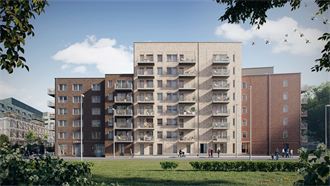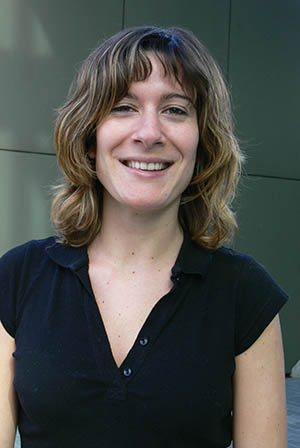French REIT Foncière des Régions has rebranded as Covivio to mark its evolution from a local sale-and-leaseback specialist to one of Europe’s largest property platforms. PropertyEU's Virna Asara spoke to CEO Christophe Kullmann about the rationale behind the name change.
MAGAZINE A name to match a European vision
- In Interview
- 09:25, 28 June 2018
Premium subscriber content – please log in to read more or take a free trial.
Events
Latest news
Best read stories
-
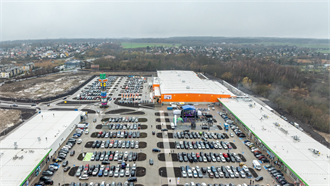
Trei invests €44m in Polish retail parks over 2024
- 19-Dec-2024
International developer and asset holder Trei Real Estate has concluded 2024 with the opening of its 41st Vendo Park in Poland.
-
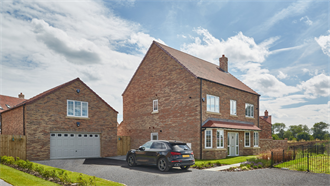
-
- 19-Dec-2024
CDC snaps up Paris office from Deka

-
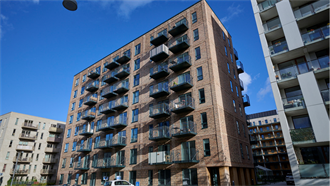
-
